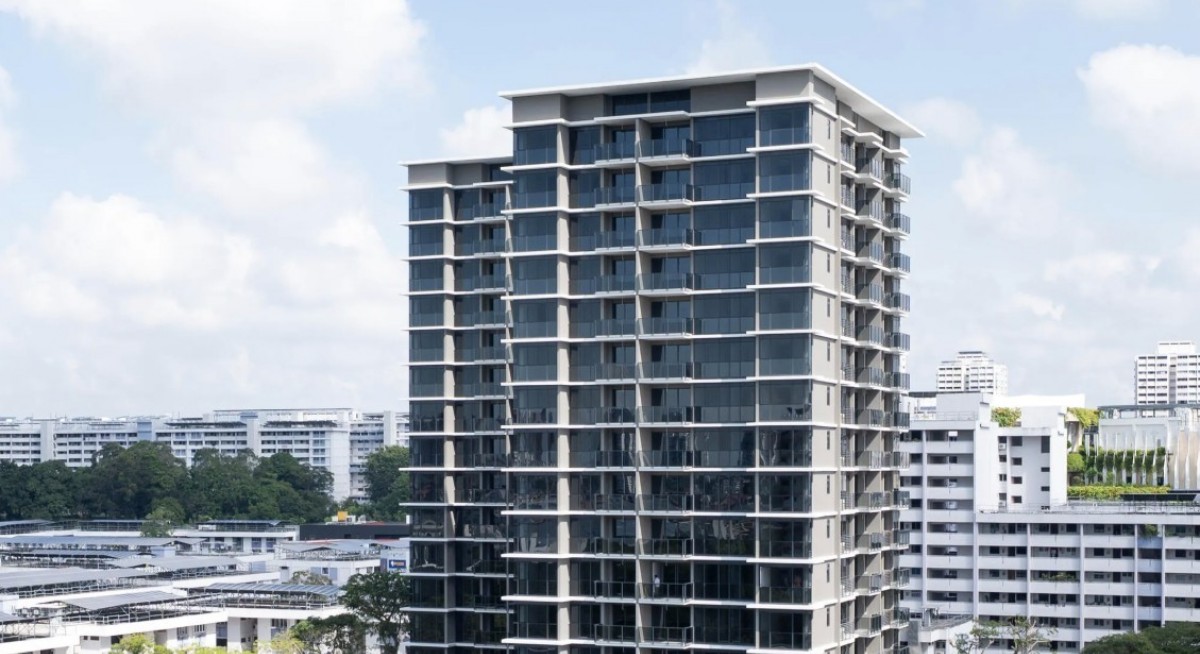Net asset value per share as at Sept 30 was lower at $2.37 compared to $2.45 a yearago. The strengthening of the Singapore dollar, particularly against the Australia dollar, resulted in unrealised net foreign currency translation reserve loss. The Group’s net debt to property assets ratio as at Sept 30 stood at 43.7% compared to 42.1% a year ago, while net debt to total equity ratio rose to 89.2% compared to 83.4% a year ago. The higher net debt was mainly due to funding for the privatisation of Frasers Hospitality Trust (FHT), acquisitions by the Group’s consolidated REITs, as well as capital expenditure. Approximately 75.0% of the Group’s total debt was either on fixed rates or hedged, with a weighted average debt maturity of 2.5 years and blended cost of debt of 4% per annum.
The proposed first and final dividend for FY2025 is 4.5 cents, unchanged y-o-y.
Approximately 86 % of FY2025 PBIT was derived from recurring income asset classes . The Group added approximately 1.3 million sq m of income-generating assets across FY2024 and FY2025, focusing on suburban retail and I&L. Concurrently, the Group's divestment of non-core and fully-optimised assets has enabled the redeployment of resources into higher-return opportunities. Active asset management and positive rental reversions further supported recurring income.




